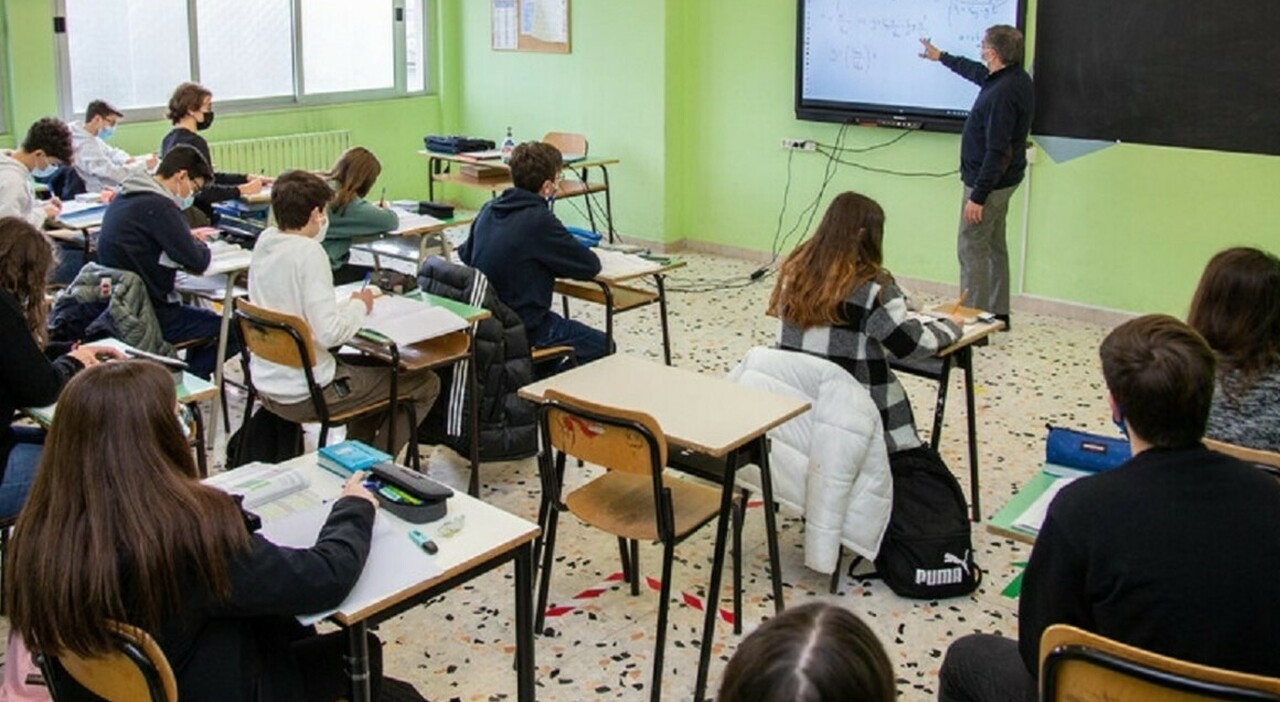Thursday 18 April 2024, 10:54 - Last updated: 11:46
From failing with a 5 in conduct to the return of numerical evaluation of behavior in middle schools, up to fines for assaults on school staff. The Senate has given the green light to the bill prepared by the Minister of Education Giuseppe Valditara. The measure, which now must pass to the Chamber of Deputies, introduces a series of innovations. The conduct grade will also be numerical in middle schools. The summary judgment on behavior will, therefore, remain exclusively for primary school children. For everyone else, the grade will be expressed in tenths and will average with the other subjects. Both in middle and high schools, if you do not achieve at least a 6 in conduct, you will be automatically failed. Insufficient grades can be obtained for serious and repeated disciplinary offenses throughout the school year. As for high schools, in the case of a grade equal to 6, there will be an educational debt, and a civics paper must be taken. The real watershed for high school students, especially from a diploma perspective, however, is an 8 in conduct. If this threshold is not exceeded, up to 3 school credit points can be lost, a score that goes directly into the final exam grade. Suspensions will also change. There will no longer be removal from school, and the student will have to participate in school reflection activities and a final test to be submitted to the class council. The nature of the punishment will depend on the duration of the suspension. Those who have more than two days will have to participate in 'solidarity citizenship activities' in affiliated structures. For Minister Valditara, this represents 'an important step forward in building a school that makes students responsible and restores authority to teachers.' 'Unlike those who talk about authoritarian and unnecessarily punitive measures - said the minister - I claim the choice to give due weight to conduct in the students' educational path.' The measure also introduces fines for crimes committed against a school principal or a member of the teaching, educational, administrative, technical, or auxiliary staff of the school due to or in the exercise of their functions. The amount varies from 500 to 10,000 euros 'as pecuniary compensation in favor of the school institution to which the offended person belongs.' 'It is also important,' emphasized Valditara, 'that those who have assaulted school staff compensate the school for the damage to its image that they helped create.' And today, the minister announced, in response to a question time in the Chamber of Deputies, that legislation concerning school closures for religious holidays is being studied. 'The rule we are studying is very simple,' he said, 'not to allow the closure of schools on the occasion of religious or national holidays not recognized by the Italian state. Obviously, without any discrimination against students who want to celebrate those specific occasions, who will be justified if they stay at home.'
© ALL RIGHTS RESERVED
This article is automatically translated
